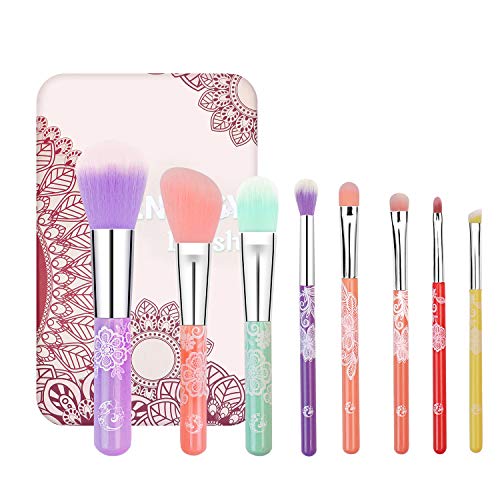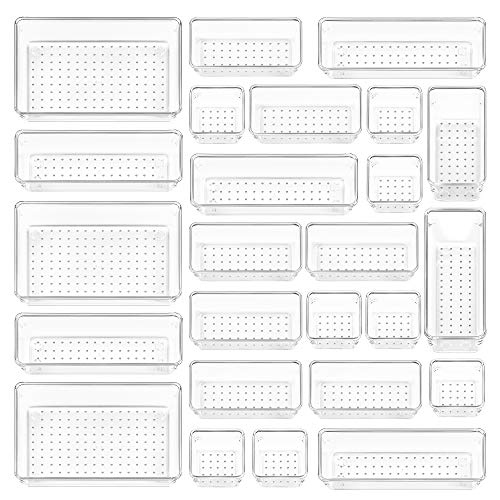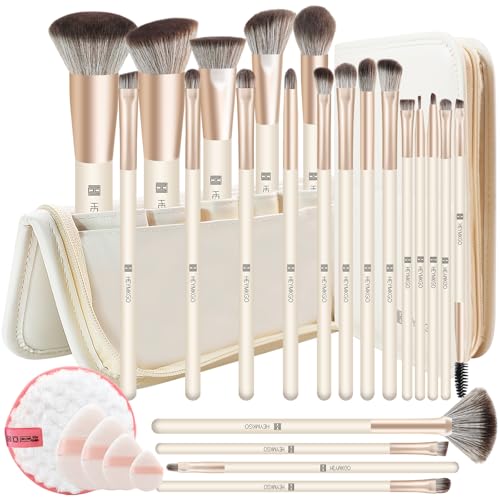- Joined
- Mar 2, 2006
- Messages
- 10,057
- Reaction score
- 2
The Best Moisturizers: Myth or Medicine?
By Charles Lynde, MD, FRCPC

Who doesn't want smooth, hydrated, healthy skin? From basic formulas that claim to keep skin moist, to concoctions that promise an end to aging skin and wrinkles, the choice of a skin moisturizer can be overwhelming. You can look at information on moisturizers for different skin types.
Product, product on the wall, which is the best moisturizer of all?
Essentially, moisturizers are used to replace natural skin oils to cover tiny fissures in the skin, and to provide a soothing protective film. Thus, evaporation of the skin's moisture is slowed, which helps to improve the appearance and feel of dry and aging skin. An effective moisturizer increases water content, reduces water loss, and restores the skin's ability to retain water.
(Scientists say a moisturizer will smooth skin to temporarily make wrinkles less apparent, but unfortunately, moisturizing your skin will not have any long-term effect on wrinkles.)
Look for products that:
Moisturizers aren't without their side effects. If you have these symptoms, see your doctor:
Which is better? High-end brands or low-cost brands? Drugstore shelves seem to have an overwhelming choice of products, with each company vying for your dollars. Experts say that often low-cost brands are just as effective. You can stretch your money's worth of product by applying your moisturizer on damp skin - it will absorb better.
About the author:
Charles Lynde, MD, FRCPC is Assistant Clinical Professor, University of Toronto Canada. His special interests include paediatric dermatology, cosmetic procedures, contact dermatitis, skin cancer, psoriasis and clinical trials in acne, eczema, and psoriasis.
Source
By Charles Lynde, MD, FRCPC

Who doesn't want smooth, hydrated, healthy skin? From basic formulas that claim to keep skin moist, to concoctions that promise an end to aging skin and wrinkles, the choice of a skin moisturizer can be overwhelming. You can look at information on moisturizers for different skin types.
Product, product on the wall, which is the best moisturizer of all?
Essentially, moisturizers are used to replace natural skin oils to cover tiny fissures in the skin, and to provide a soothing protective film. Thus, evaporation of the skin's moisture is slowed, which helps to improve the appearance and feel of dry and aging skin. An effective moisturizer increases water content, reduces water loss, and restores the skin's ability to retain water.
(Scientists say a moisturizer will smooth skin to temporarily make wrinkles less apparent, but unfortunately, moisturizing your skin will not have any long-term effect on wrinkles.)
Look for products that:
- help to make the skin smooth and supple
- duplicate and enhance the skin's natural moisture retention mechanisms
- are good to sensitive skin - hypoallergenic, non-sensitizing, fragrance free, non-comedogenic (Read about sensitive skin.)
- absorb rapidly and last long.
- Emollients such as plant and mineral oils, shea and cocoa butter, petrolatum, cholesterol, silicones or animal oils (including emu, mink and lanolin). These lubricating ingredients soften and smooth skin while helping it to retain moisture.
- Water-binding agents that keep water in the skin, called Humectants, are important for skin damaged by sun and dehydration, but they won't help your skin retain water.
- Occlusives, which are substances that physically block water loss in the stratum corneum, or layers of the skin, include: Petrolatum (in a minimum concentration of five per cent is the most effective occlusive), followed by lanolin, mineral oil, and silicones such as dimethicone, which act as a protective part of skin barrier creams.
- Soothing agents and anti-irritants, such as bisabolol, allantoin, burdock root, aloe, licorice root, glycyrrhetinic acid, green tea and chamomile extract, are added to many moisturizers to help skin handle ingredients that may cause irritation.
- Pure mixtures of amino acids are useless as moisturizers, while pure solutions of glycerin are ineffective, and propylene glycol by itself is irritating. However, alpha hydroxy acids, such as lactic acid or glycolic acid, appear to help reduce roughness and scaling.
- Vitamins and antioxidants, including vitamins A, C and E, get mixed reviews. Some experts say these ingredients have the ability to heal and hydrate, while others insist there's little evidence of their effectiveness when applied topically, especially in the quantity found in most moisturizers.
Moisturizers aren't without their side effects. If you have these symptoms, see your doctor:
- sweat retention (miliara rubra, i.e.: petrolatum and lanolin)
- irritation (urea; lactic acid; propylene glycol; solvents)
- allergic contact dermatitis (fragrances, preservatives, i.e. parabens, formaldehyde, Quaternium 15 and Imidazolidinyl urea; lanolin; additives, i.e.: vitamin E and aloe vera
- photo contact dermatitis (fragrances, UV filters).
- Study the active ingredients listed on labels in order of the amount contained. If soothing aloe vera or vitamin C is 15th on the list, you're not getting much of it
- Be wary of claims that products will increase your own natural collagen or elastin, whose job is to keep skin plumped up and youthful-looking. The molecules in these products are too big to actually penetrate the skin.
- Wash your face no more than twice a day with a gentle cleanser formulated for dry skin. Washing more often can dry your skin.
- Add a few teaspoons of olive oil or lavender-scented oil to your bath.
- Steer clear of added fragrance, preservatives and botanicals, which may irritate already dry skin.
Which is better? High-end brands or low-cost brands? Drugstore shelves seem to have an overwhelming choice of products, with each company vying for your dollars. Experts say that often low-cost brands are just as effective. You can stretch your money's worth of product by applying your moisturizer on damp skin - it will absorb better.
About the author:
Charles Lynde, MD, FRCPC is Assistant Clinical Professor, University of Toronto Canada. His special interests include paediatric dermatology, cosmetic procedures, contact dermatitis, skin cancer, psoriasis and clinical trials in acne, eczema, and psoriasis.
Source



































